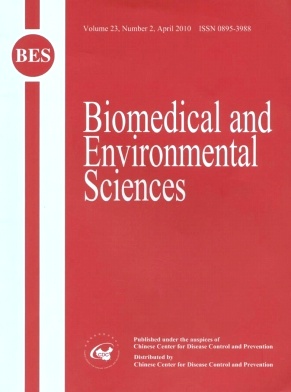Effect of In-home Fortification of Complementary Feeding on Intellectual Development of Chinese Children
-
Key words:
- Complementary feeding /
- Supplement /
- Development /
- Anemia /
- Infant
Abstract: Objective To explore the effect of in-home fortification of complementary feeding on intellectual development of Chinese children aged below 24 months. Methods One thousand and four hundred seventy eight children aged 4-12 months were recruited and divided into study groups (formula 1 group and formula 2 group) and control group. In two study groups, in addition to the usual complementary food, children were fed with a sachet of fortified food supplement each day. Protein and micronutrients were provided in formula 1 group. Formula 2 group had the same energy intake as the formula 1 group. In addition to measurement of physical growth and detection of hemoglobin level, Development Quotient (DQ) or Intelligence Quotient (IQ) was assessed. Results The DQ of children aged below 24 months was 97.2, 95.5, and 93.8 in formula 1 group, formula 2 group and control group, respectively, and the differences were statistically significant (P<0.05), The DQ of children in formula 1 group, formula 2 group, and control group was 92.7, 90.4, and 88.3 respectively in the first follow up showing statistically significant differences (P<0.05). And, DQ of children in formula 1 group, formula 2 group and control group were 96.7, 94.5, and 93.7 respectively in the second follow up, showing statistically significant differences (P<0.05). Full-IQ of children in the formula 1 group was 3.1 and 4.5 points higher than that in formula 2 group and in control group respectively. Verbal IQ of children in the formula 1 group was 2.1 and 5 points higher than that in formula 2 group and control group respectively. Performance IQ was 2.5 and 3.1 points higher than that in formula 2 group and control group respectively. All above mentioned comparisons were statistically significant. Conclusion Fortification of complementary feeding showed persistent effect on intelligence development of young children which could persist to 6 years of age. The critical time for correction of anemia could be under 18 months.
| Citation: | Effect of In-home Fortification of Complementary Feeding on Intellectual Development of Chinese Children[J]. Biomedical and Environmental Sciences, 2010, 23(2): 83-91. |







 Quick Links
Quick Links
 DownLoad:
DownLoad: